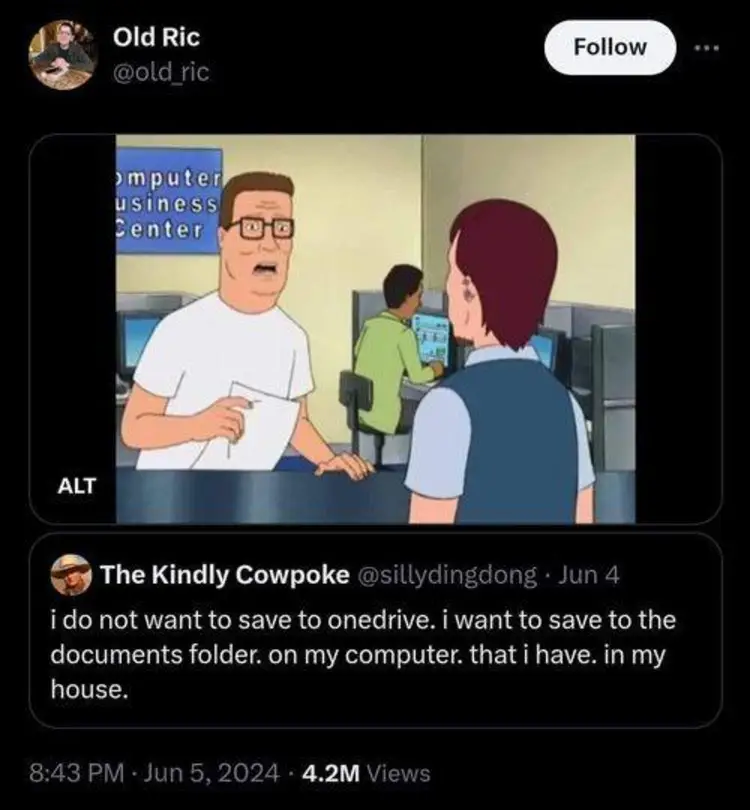Apps I use in 2024
Six years ago, I wrote a post about updating a netbook I was running Linux on, and what I installed on it. This year, my Windows desktop died, so I replaced it and thought a similar post about what I set up on it would be interesting: both as a potential source of ideas for software readers may find useful, and as a record of what I was using now that I can look back on down the road to see how it's changed.
- I've been getting back into 3D printing so I have OpenSCAD for designing objects and the Creality slicer for preparing them and sending them to my printer. Early next year I'm planning a post about some of the things I've been 3D printing.
- Steam (Bannerlord and For The King are what I've played recently, and I'll probably give Total War: 3 Kingdoms a try soon); Dwarf Fortress is a game I periodically come back to so I've installed it as well although I haven't played it much on the new PC.
- Various tools for media editing: GIMP, VLC, Calibre
- Google Earth
- For a browser, we've just been using Edge so far but might install Brave at some point.
- Some programming software, although I don't have any current projects on the go using it (I do have an idea or two in Arduino): R and RStudio, Arduino IDE, Clojure
- A BluRay player
- As my kids get a bit older, I'm thinking of setting up Dosbox and some classic education software.
- One of my goals for 2025 is to get more organized at personal knowledge management (PKM). To that end, I'm planning to download Obsidian and start using it.
One thing that anyone who has set up a Windows PC recently has probably experienced is that you are nudged pretty forcefully into using OneDrive. This meme reflects my feelings on this.

When my old PC died, I was able to recover files by putting the old hard drive in an external hard drive enclosure, plugging it into my Linux laptop (this part was necessary because the new PC didn't recognize me as the same user with access to those files, but I could at least see them as 'read only' in Linux) and transferring everything using SCP. With OneDrive, something like this wouldn't be necessary as long as it works. But if it doesn't work or you lose your credentials, I don't know what recourse you have.
I also got a new work cellphone this year. Here's a list of some of the apps (not counting the work-related ones like Teams and Concur) that I added to it:
- LinkedIn (speaking of which, I've been enjoying their games recently, especially the daily logic puzzle Queens)
- The YouVersion Bible app
- A couple of Go apps: BadukPop and SmartGo One
- FB Messenger
- Uber
- I should probably get some travel apps that I have loyalty points with (e.g. Air Canada, Hilton) set up but haven't gotten around to it yet
- Along with setting up Obsidian on my computer, I might put it on my phone too
Smart phones are a single device that have combined many functions, from photography to navigation. (I do find it a bit ironic that this same logic hasn't been applied to simplify away from apps that don't do anything that can't be done in a browser). As noted in my previous post, cellphones are, along with cars, among the defining artifacts of our society. They facilitate managing our own movement and communication. Or to put it in terminology used by Marshall McLuhan, these could be considered our "staple media". As such, it behooves us to reflect on how we use them instead of doing so uncritically.